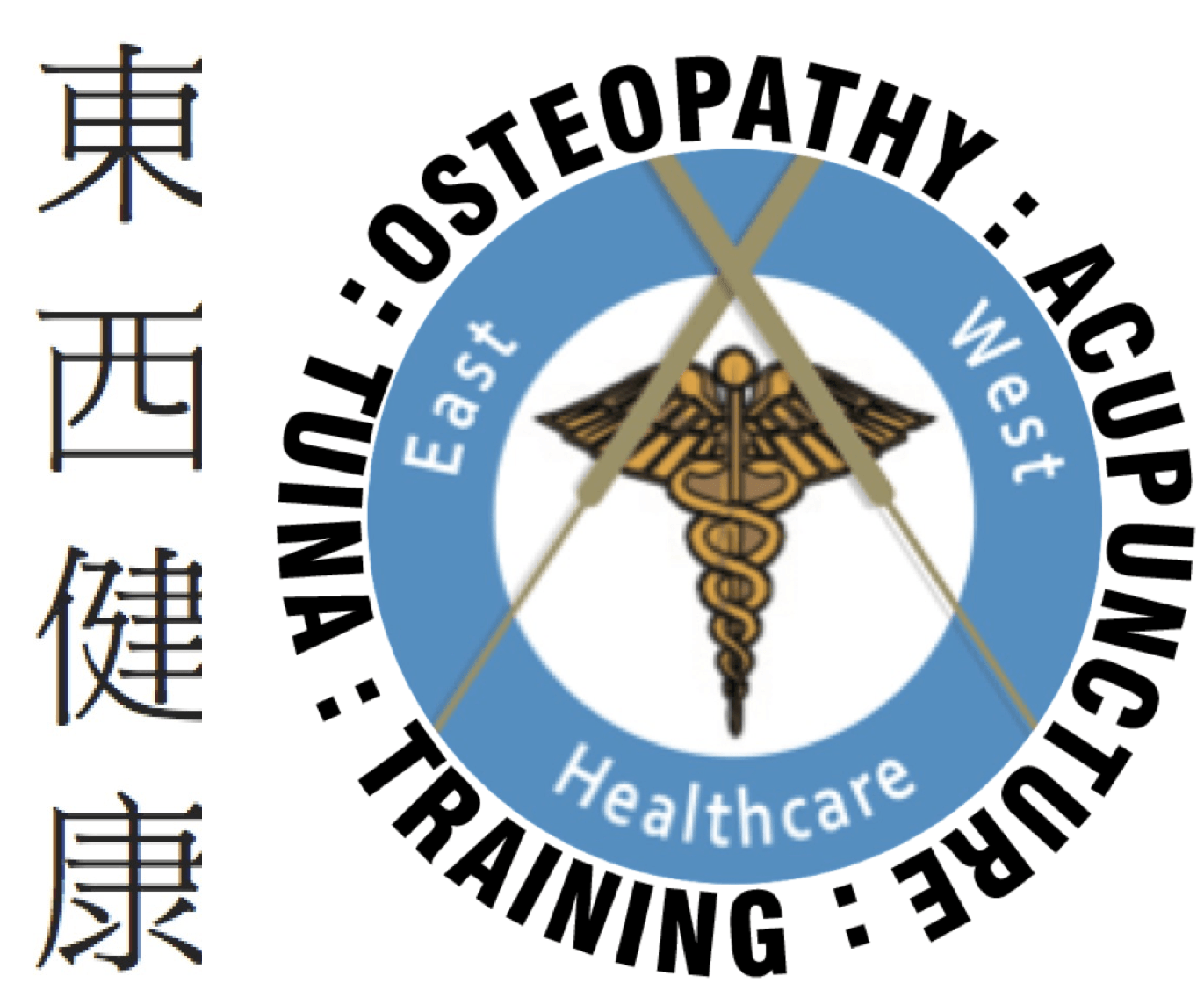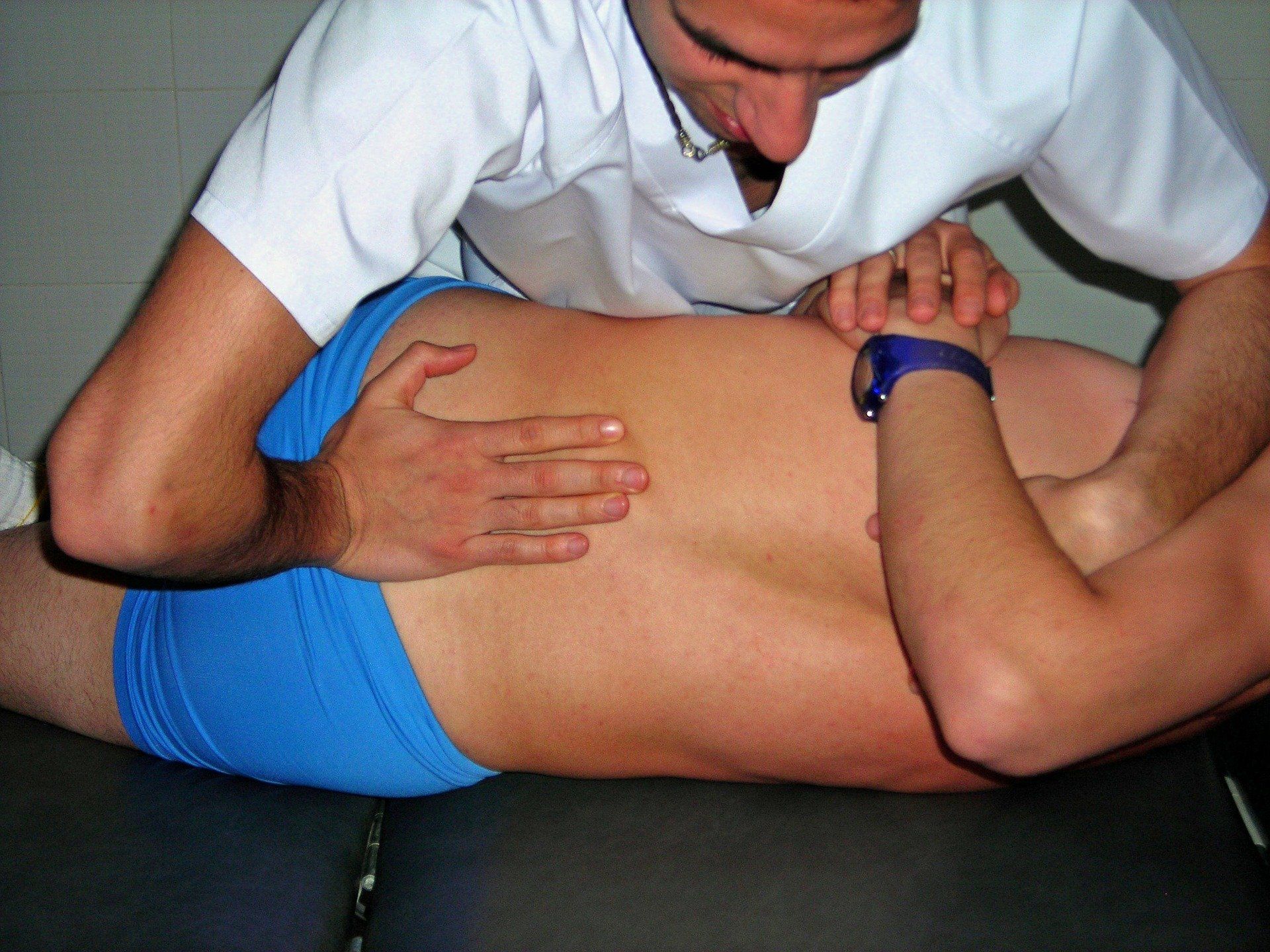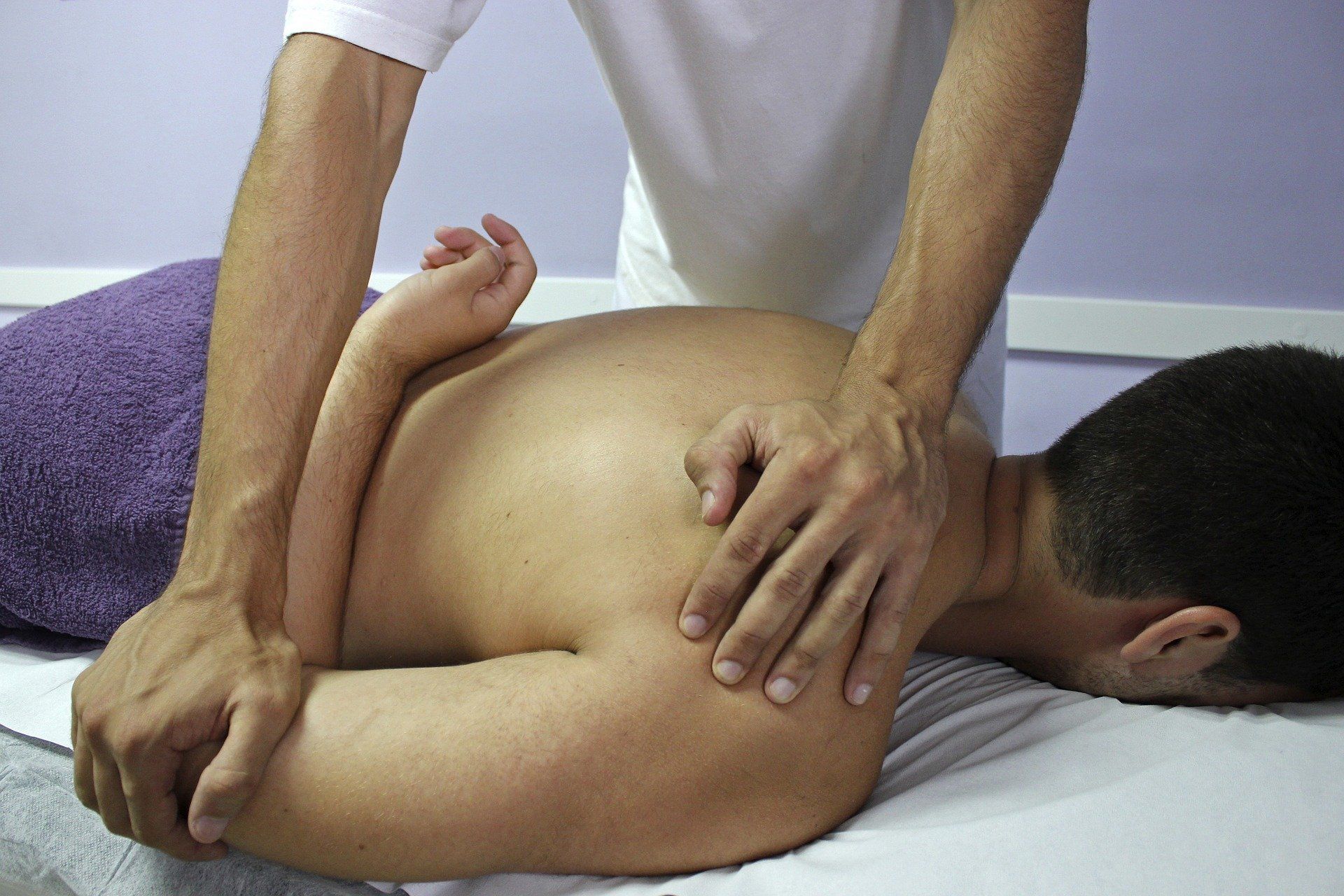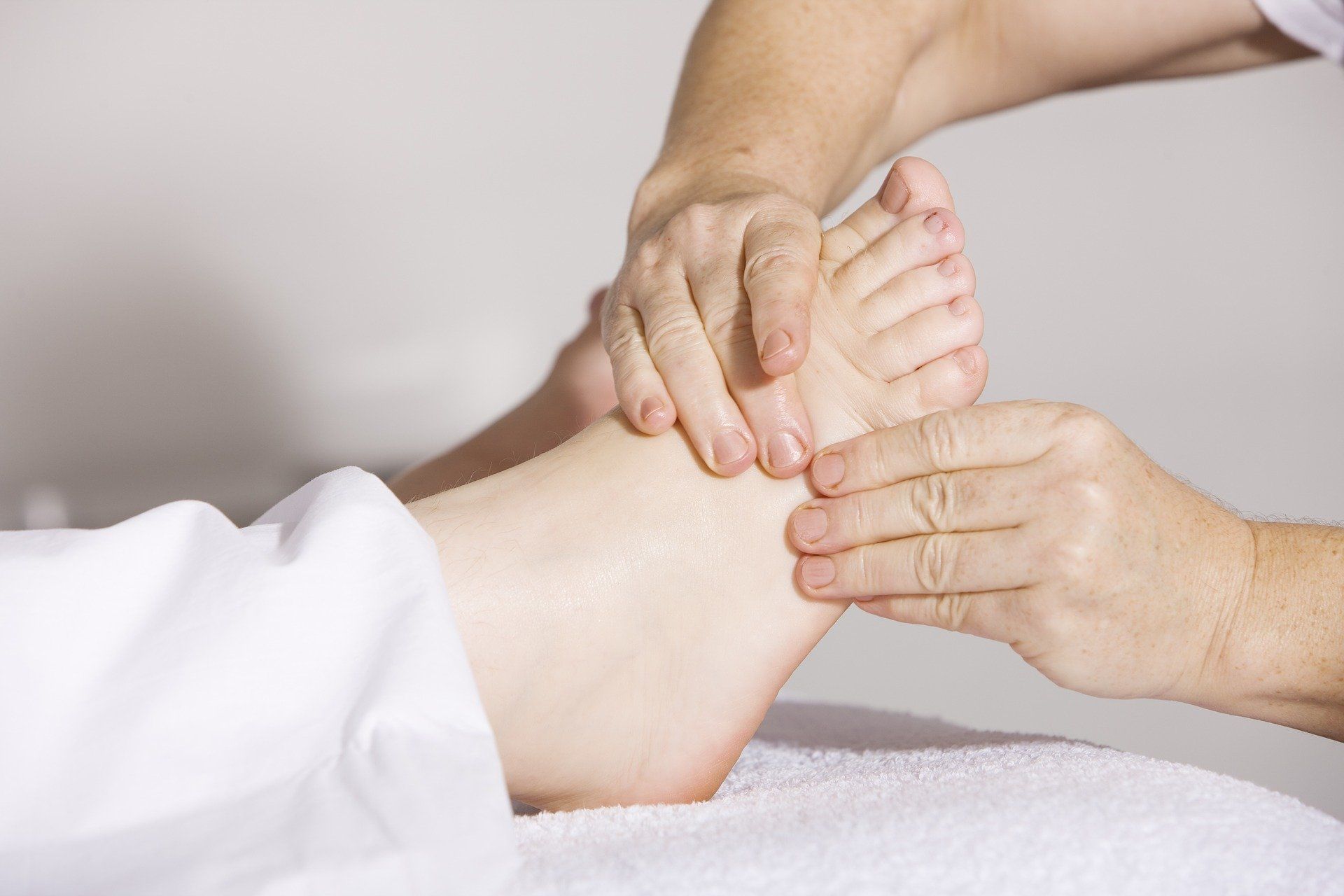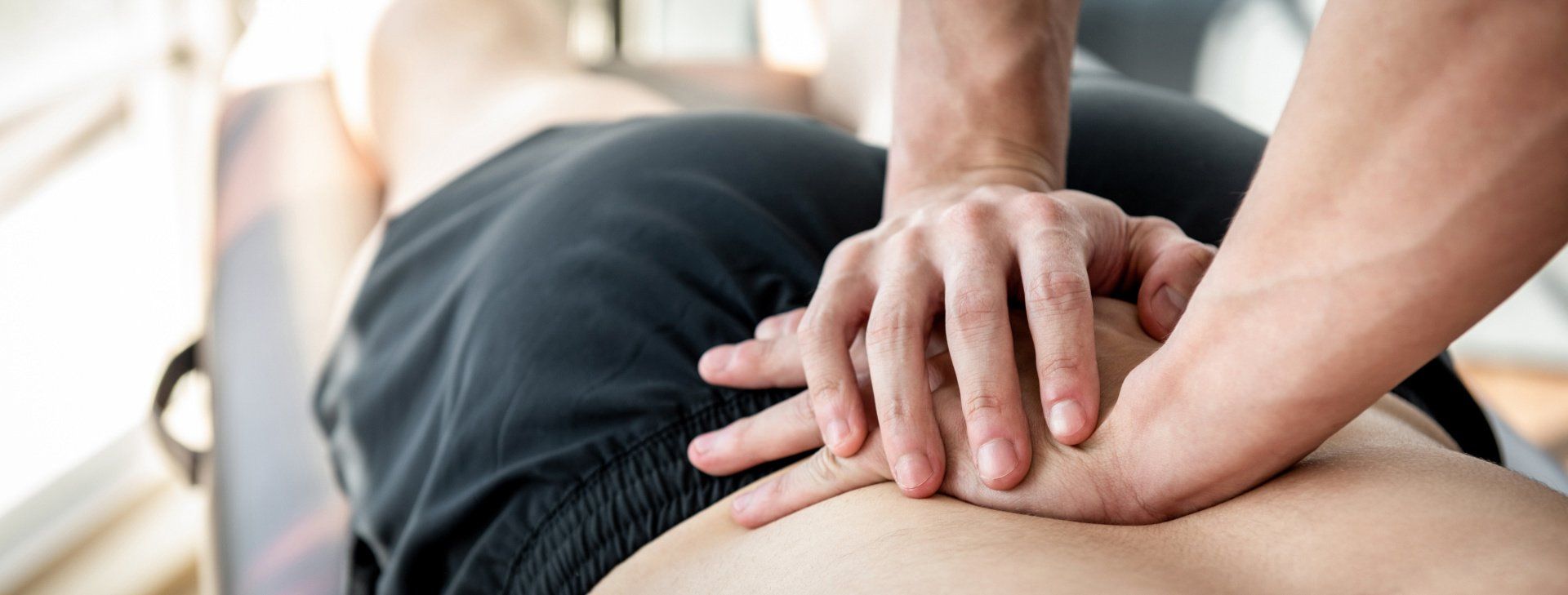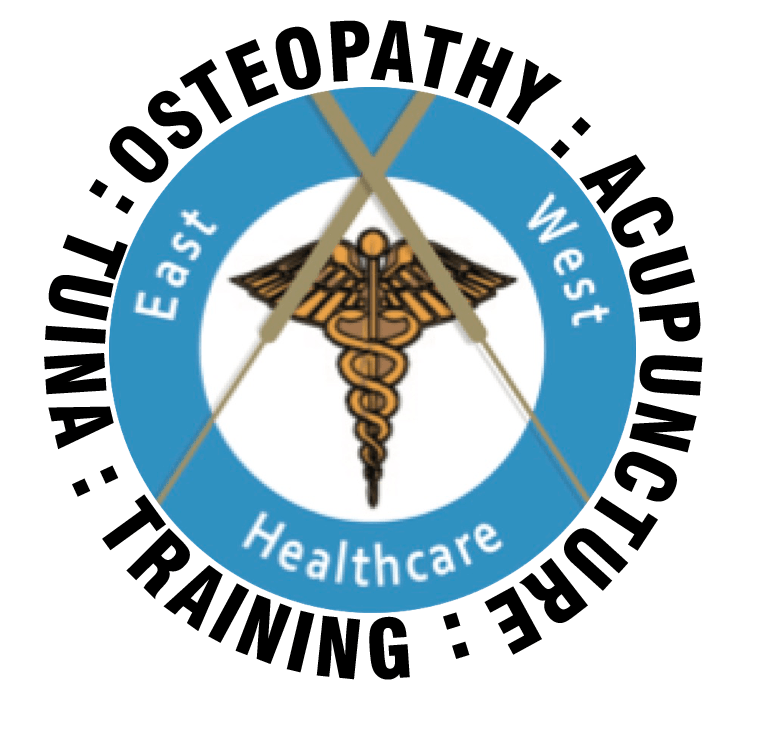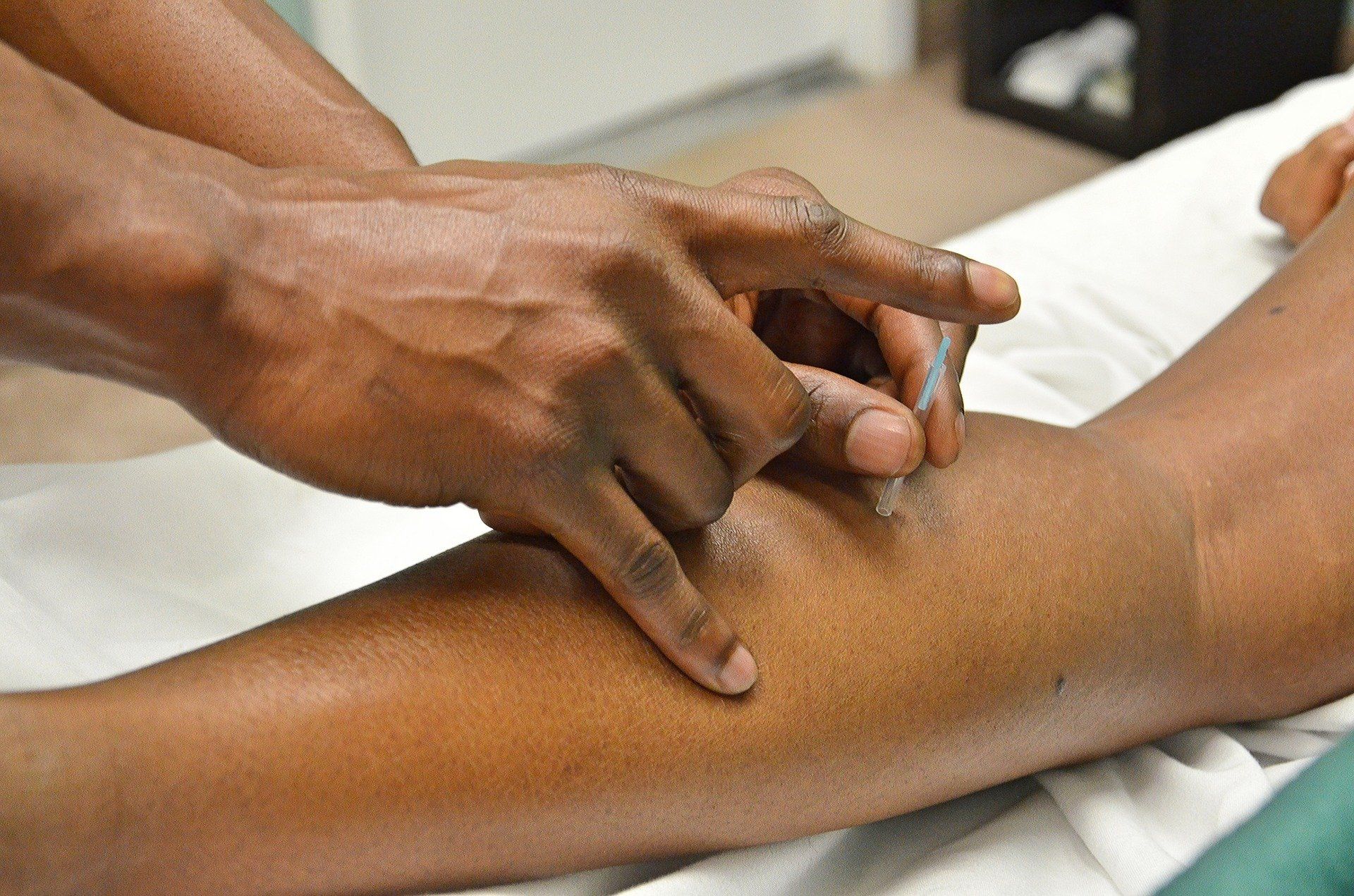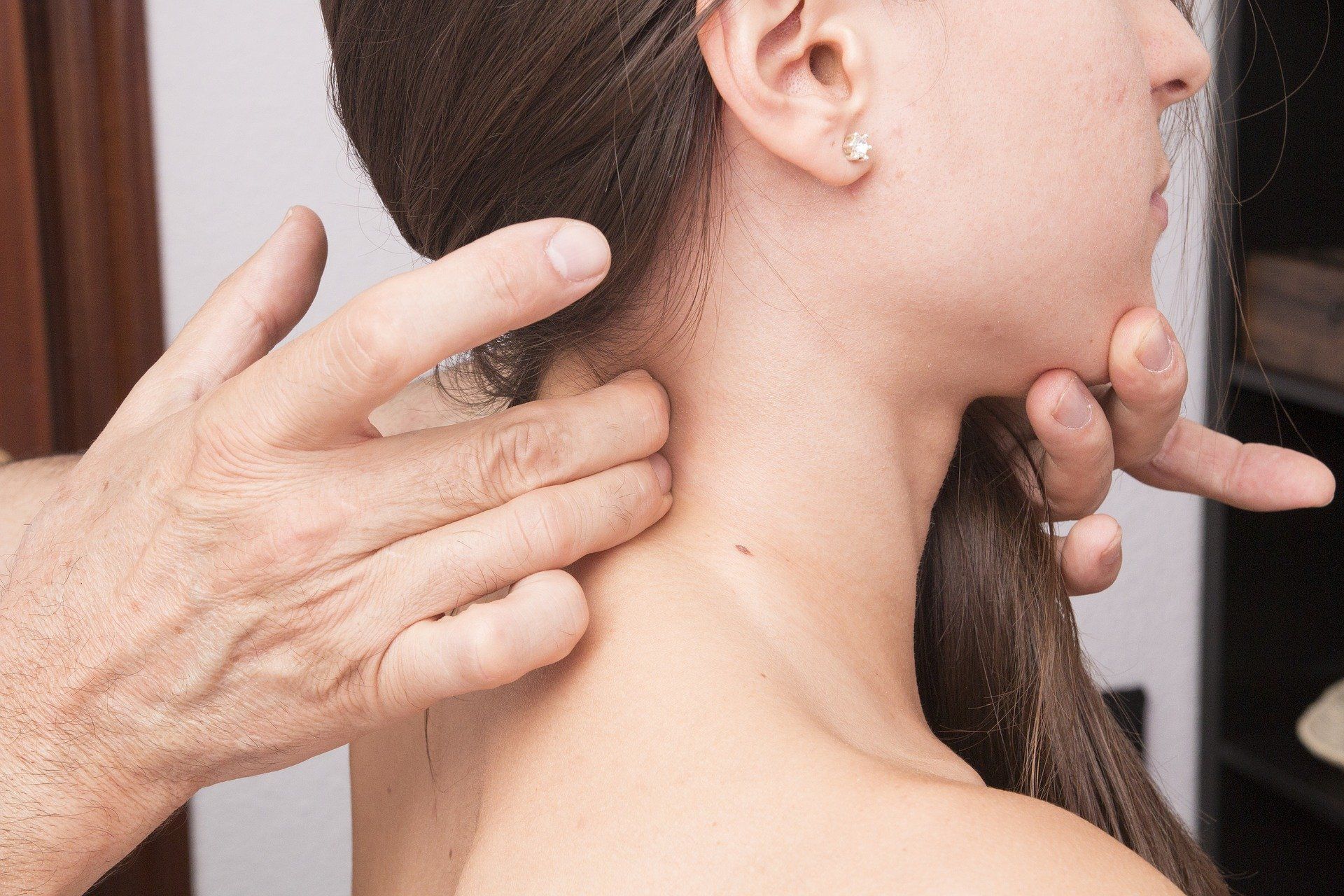Osteopathy
A whole body approach to health
Click here to book an appointment
What is Osteopathy
Osteopathic Principles and Philospohy
Osteopathic principles include the fact that the human organism is perceived as a living thing comprising of Mind, Body and Spirit with a normal tendency toward self-healing and self-repair. The human body has a vital force (or Viz Medicatrix Naturae) that can be nurtured through healthy living (including correct diet, sleep and exercise ) or diminished through poor lifestyle, injury or disease - very similar to the Chinese concept of Qi.
The view of Osteopathy's founder, A.T.Still, was that the physician does not cure disease, it was their job to correct structural disturbances so the body can run correctly and heal itself. In the 1880s Still called his radical approach to treatment "Osteopathy" from the greek osteon (meaning bone) and pathos (lit. to suffer) reasoning that the bony structure was a good starting point from which to understand the cause of disease and dysfunction.
On being asked 'What is Osteopathy?" Still replied "It is a scientific knowledge of anatomy and physiology in the hands of a person of intelligence and skill, who can apply that knowledge to the use of man when sick or wounded by strains, shocks, falls, or mechanical derangement or injury of any kind to the body" Furthermore, he added that "To find health should be the object of the doctor. Anyone can find disease"
Philosophically, Still believed that Health is a natural state of harmony and that a healthy state exists as long as there is a normal flow of body fluids and nerve activity with illness often being caused by mechanical impediments to this. Therefore, another basic principle in Osteopathy is 'the rule of the artery" where self healing is maintained by good blood and lymphatic flow to the tissues, coupled with effective drainage of waste products.
Additionally environmental, social, mental and behavioral factors all contribute to to the formation of illness and disease and need to be addressed within any management plan. In Osteopathy, each person is treated as a unique individual, not as a disease entity. In fact, Still taught that the history and physical evaluation of each patient would reveal evidence of unhealthy self-care which would interfere with the body's natural healing ability. As a treatment model, Osteopathy seems to have many common themes with the Classical Chinese concepts of health and disease, and the two systems complement each other very well.
A brief history of Osteopathy
- The treatment of physical disease - through a detailed knowledge of anatomy coupled with palpatory diagnosis and manipulative treatment with;
- The importance of health and wellbeing (including physical mental, emotional and spiritual health) and the avoidance of negative habits (including alcohol and drugs).
What is the difference between Osteopaths and Chiropractors
This is a very common question that is asked. In this short clip Ashley James succinctly describes the main differences in Philosophy, Diagnosis and Treatments provided by these two regulated healthcare professions.
Lifestyle Advice
Both Traditional Chinese Medicine and Osteopathy promote a healthy lifestyle (termed Yang Shen or "Nourishing Life" in Chinese Medicine) to help combat many of the common chronic illnesses that plague society both in past and present years. As Dr Dean Ornish states in his book "UnDoIt" -
- Eat well - increasing fruit, vegetables and whole foods and minimising processed foods;
- Move more - even moderate exercise of 30 minutes a day will help offset some of the effects of inflammation - do what you love doing (since you will be inclined to maintaining it) from a simple daily walk, cycling, gym work to dancing or martial arts;
- Stress less - mindfulness techniques, meditation, yoga, Tai Qi and Qi Gong or a simple walk in nature will help ameliorate the effects of long term chronic stress and;
- Love more - for many people the loss of close family networks / structure in our modern society, has resulted in reduced contact and intimacy that can help support us in our time of need.
For some interesting advice on lifestyle medicine I have included 2 links -
A short 30 minute interview with Dr Dean Ornish regarding lifestyle medicine
A longer 90 minutes documentary on Forks (food) over Knives (surgery) - some of the science behind a healthy lifestyle
